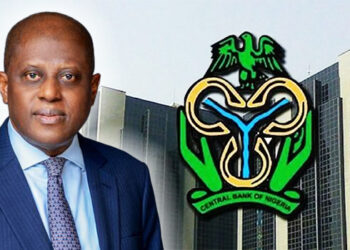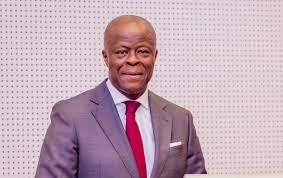Ahead of the 2023 budget presentation, the Federal Government on Monday said petrol subsidy would remain in place until Mid-2023, an indication that it might be the first major issue for the incoming government by the time a new president is swon in next year.
Consequently, Minister of Finance, Zainab Ahmed, said the government is proposing to spend only N3.36 trillion for petrol subsidy in 2023.
She made the comment while meeting with the House of Representatives Committee on Finance in Abuja on the details of the 2023-2025 Medium-Term Expenditure Framework and Fiscal Strategy Paper.
The minister added that the Federal Government is proposing an aggregate expenditure of N19.76 trillion for the 2023 financial year, with a projected deficit of N11.30 trillion.
According to Zainab, the Federal Government is projecting the total revenue of N8.46 trillion, out of which N1.9 trillion is expected to come from oil-related sources while the remaining is to come from non-oil sources.
Meanwhile, the Federal Government is expected to peg crude oil price at $70 per barrel at an exchange rate of N435.57 per dollar, while real Gross Domestic Product (GDP) is projected at 3.7 percent and inflation at 17 to 16 percent.
She assured also that while the amount currently used in debt servicing had overshot appropriation in the 2022 budget, systems had been put in place to manage the situation.
“We planned that 60 per cent of revenue would be spent on debt servicing, but in some months, the ratio went up to 90 per cent.
“We have been able to, consistently without fail, service our debt and we do not have any projections even in the near future that we will fail.
“We actually follow the Medium Term Debt Management Strategy very strictly; the debts are not taken haphazardly and they are planned.
“They are appropriated and then we borrow against appropriation,’’ she stressed.
The minister acknowledged, however, that government was under pressure to manage debt servicing following the drop in revenue generation.
She called on the National Assembly and on other stakeholders to join government to increase revenue performance.
“We do have pressure in terms of the ratio because when revenue is underperforming, it means we have problems being able to service all of government’s (debts). The liquidity situation is very challenging.
ALSO READ:Malami’s Extradition Suit Hypocrisy Of Highest Order – HURIWA
“That is why what we need to do, including the parliament, is to work towards increasing revenue performance.
“Yes you have been doing that and we are beginning to see improvement, but we need to keep pushing the bar,’’ she stressed.
Earlier, Chairman of the Committee, Rep. James Faleke (APC-Lagos State) said everyone was aware of Nigeria’s situation in terms of revenue generation.
Faleke noted that Nigeria was short of revenue, and that so many things suffered when revenue was short.
The Debt Management Office had earlier stated that Nigeria’s debt profile as at December 2021 stood at N39.55 trillion.











